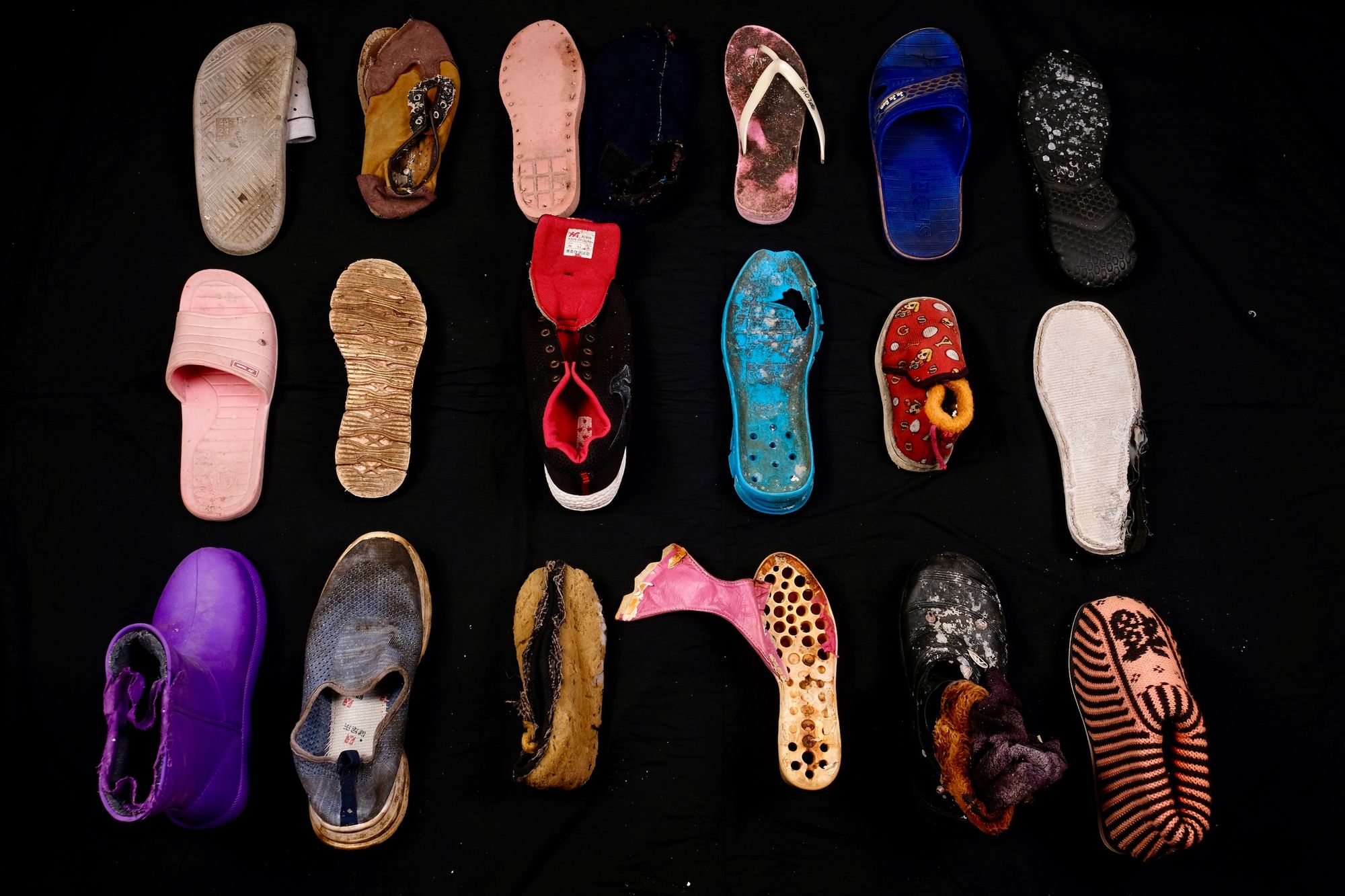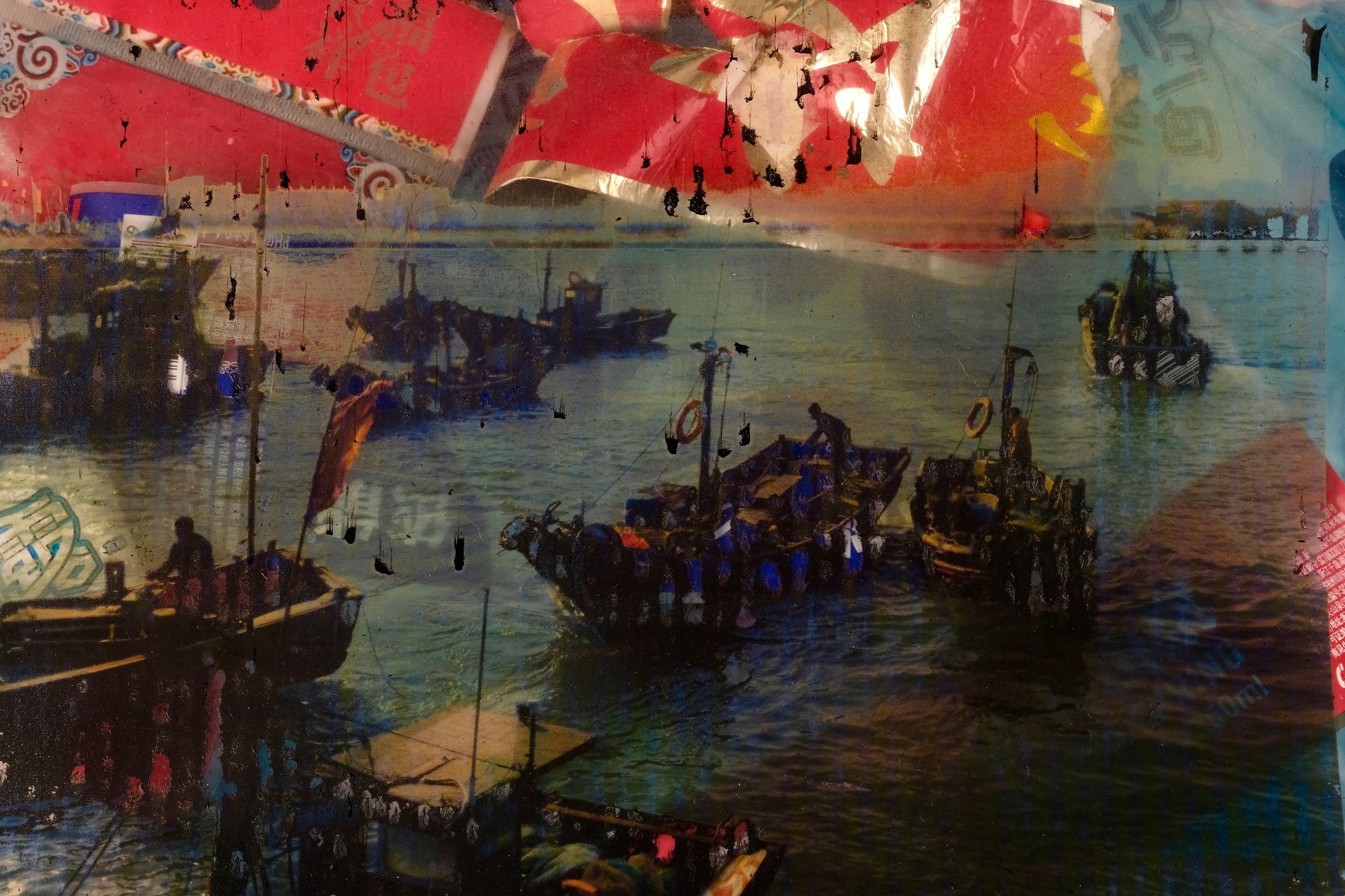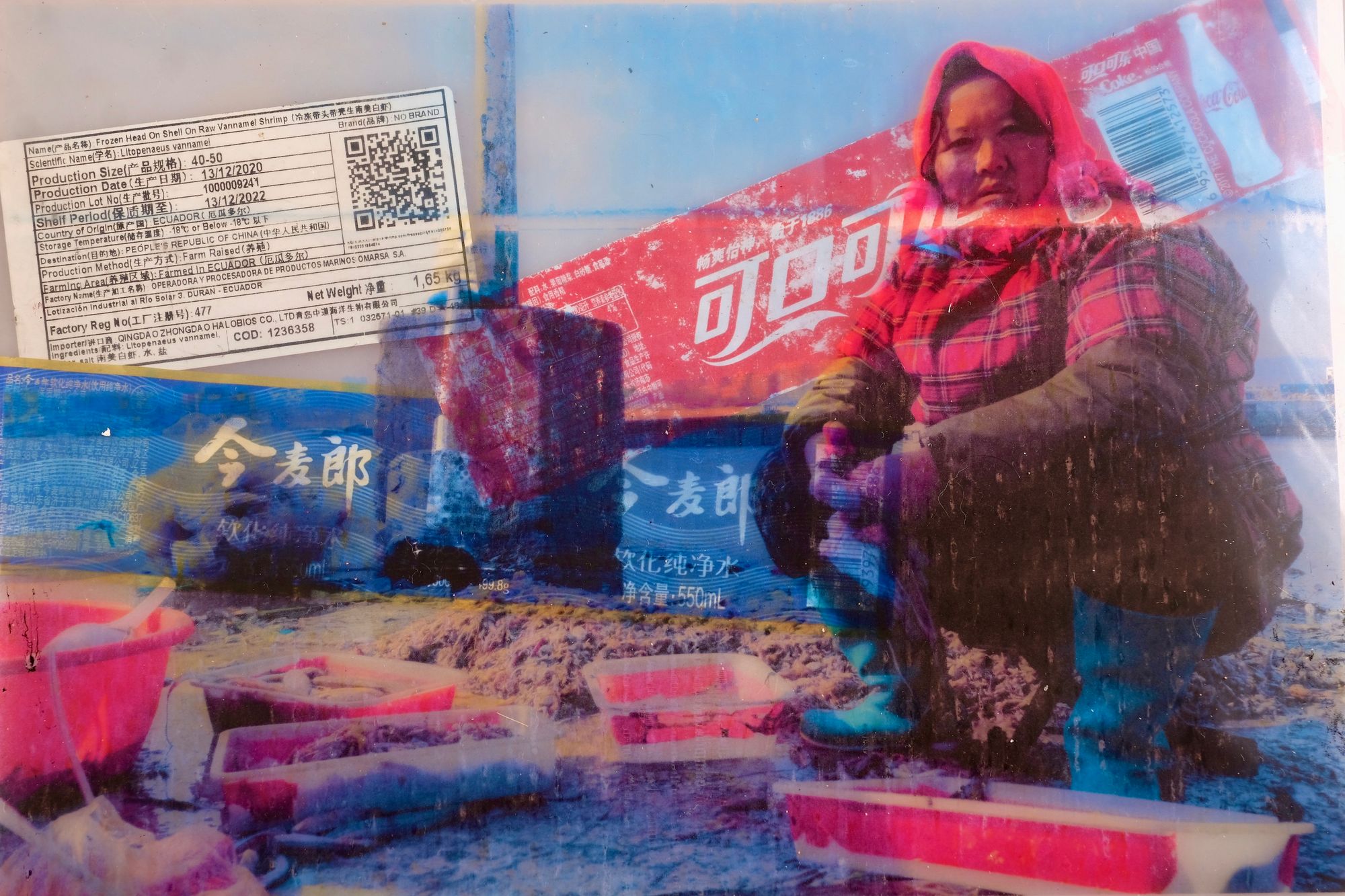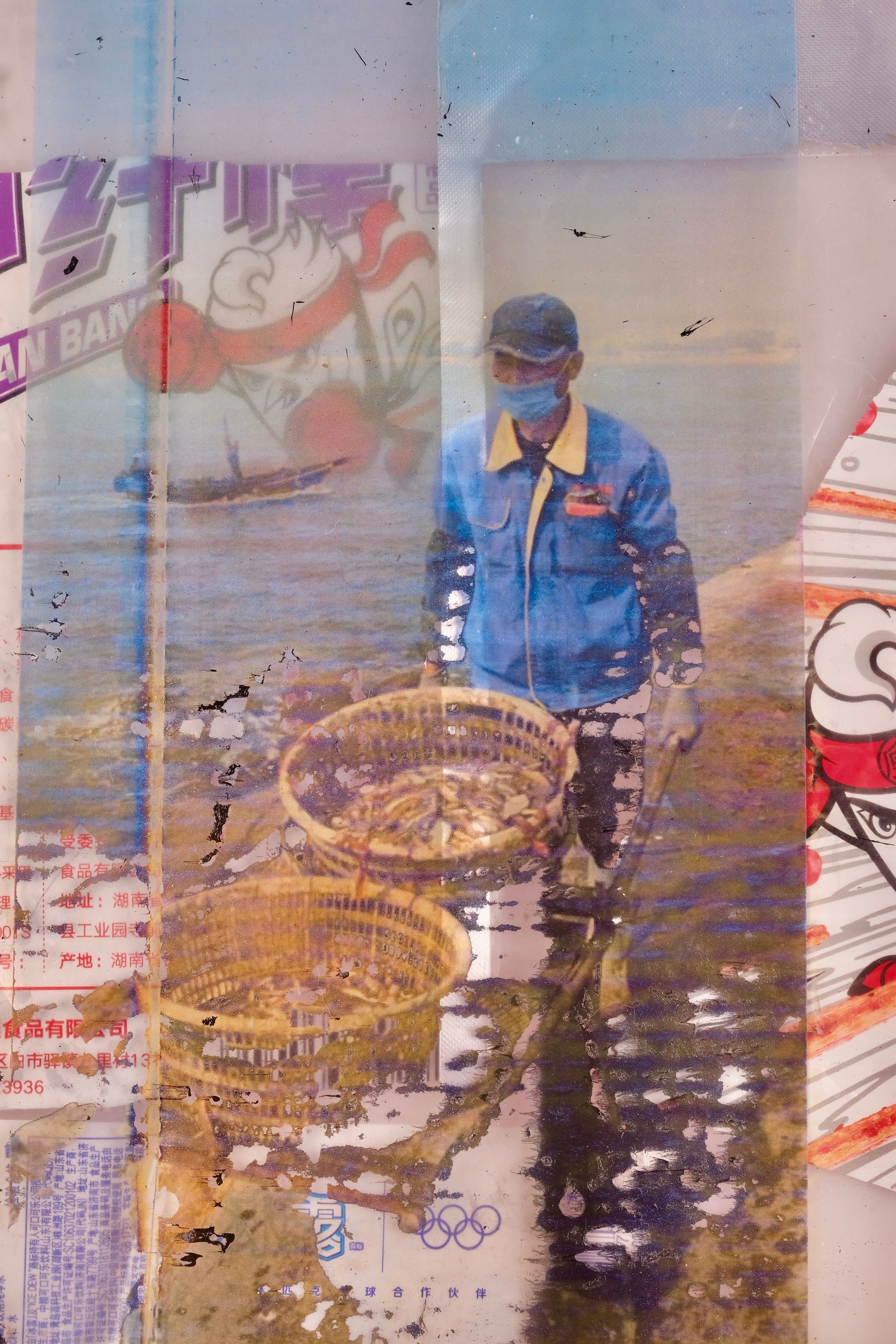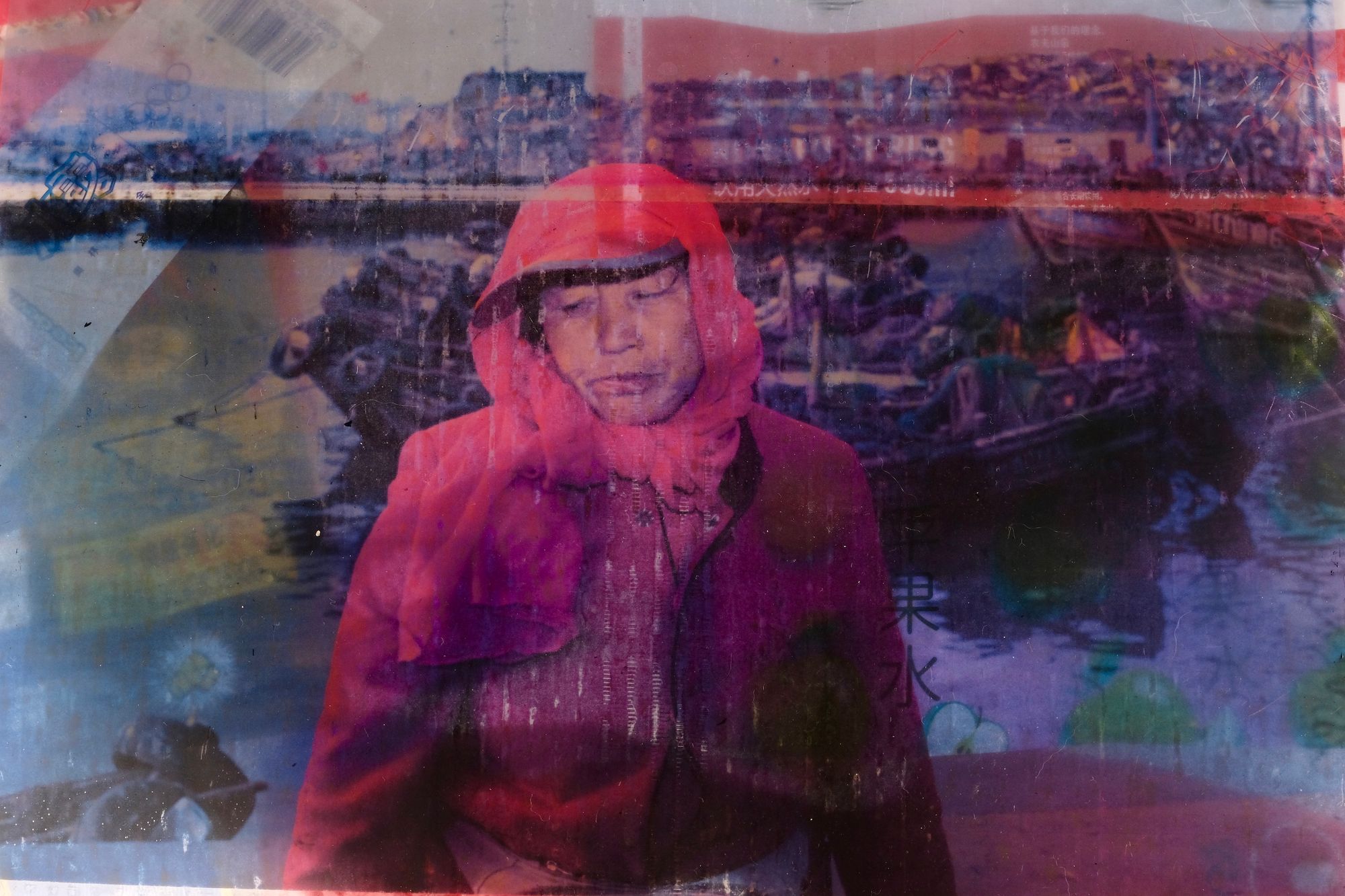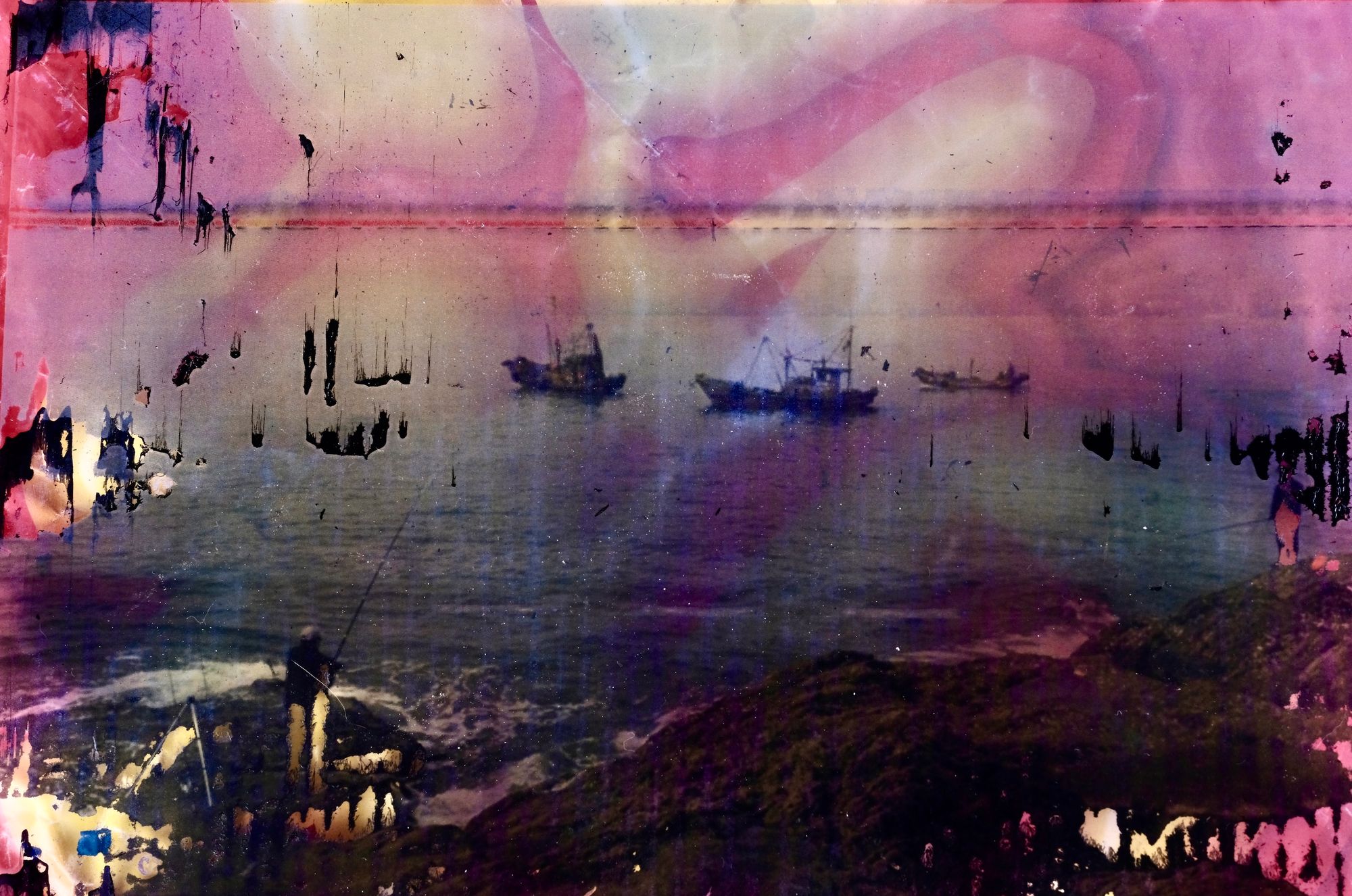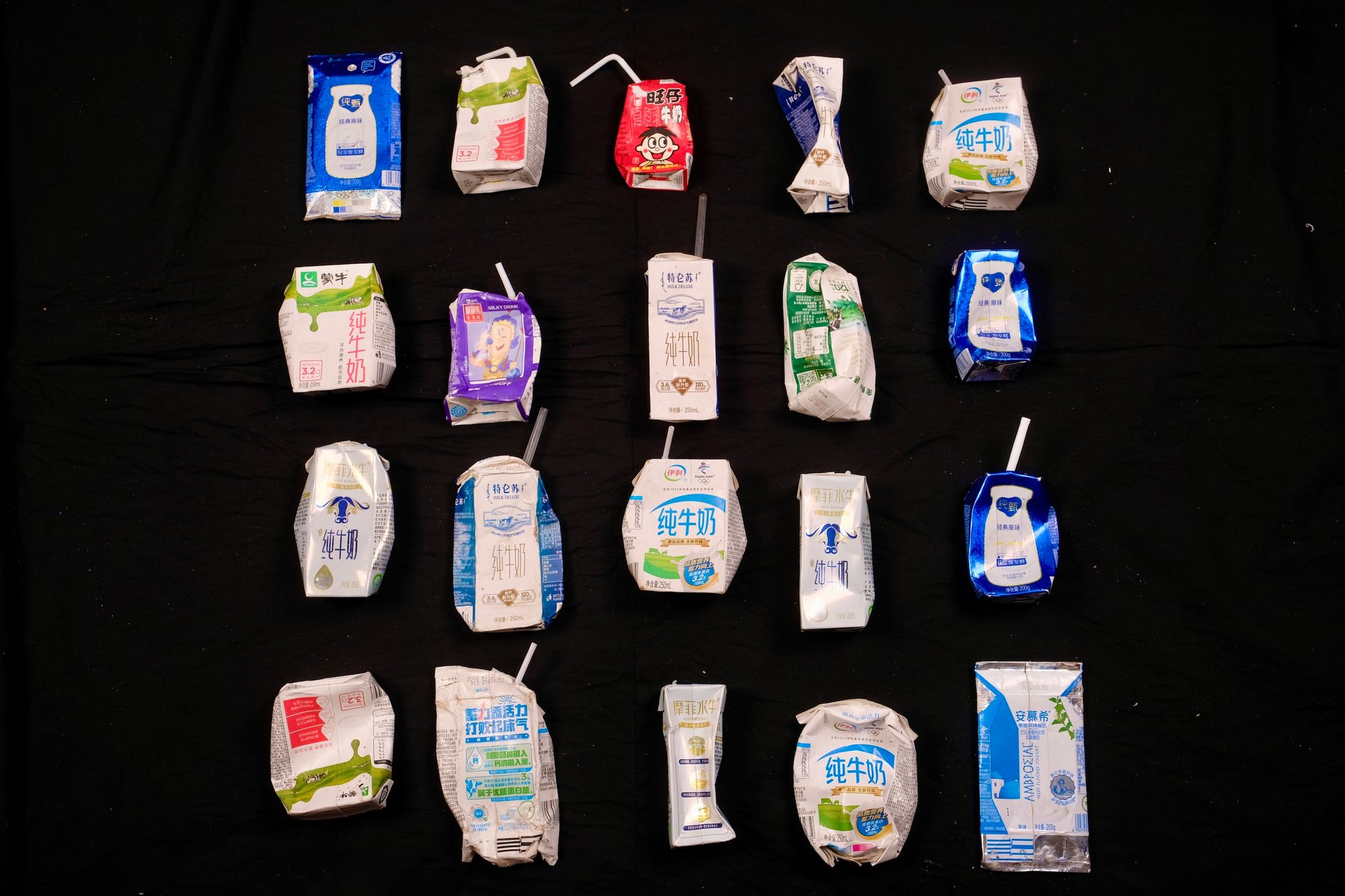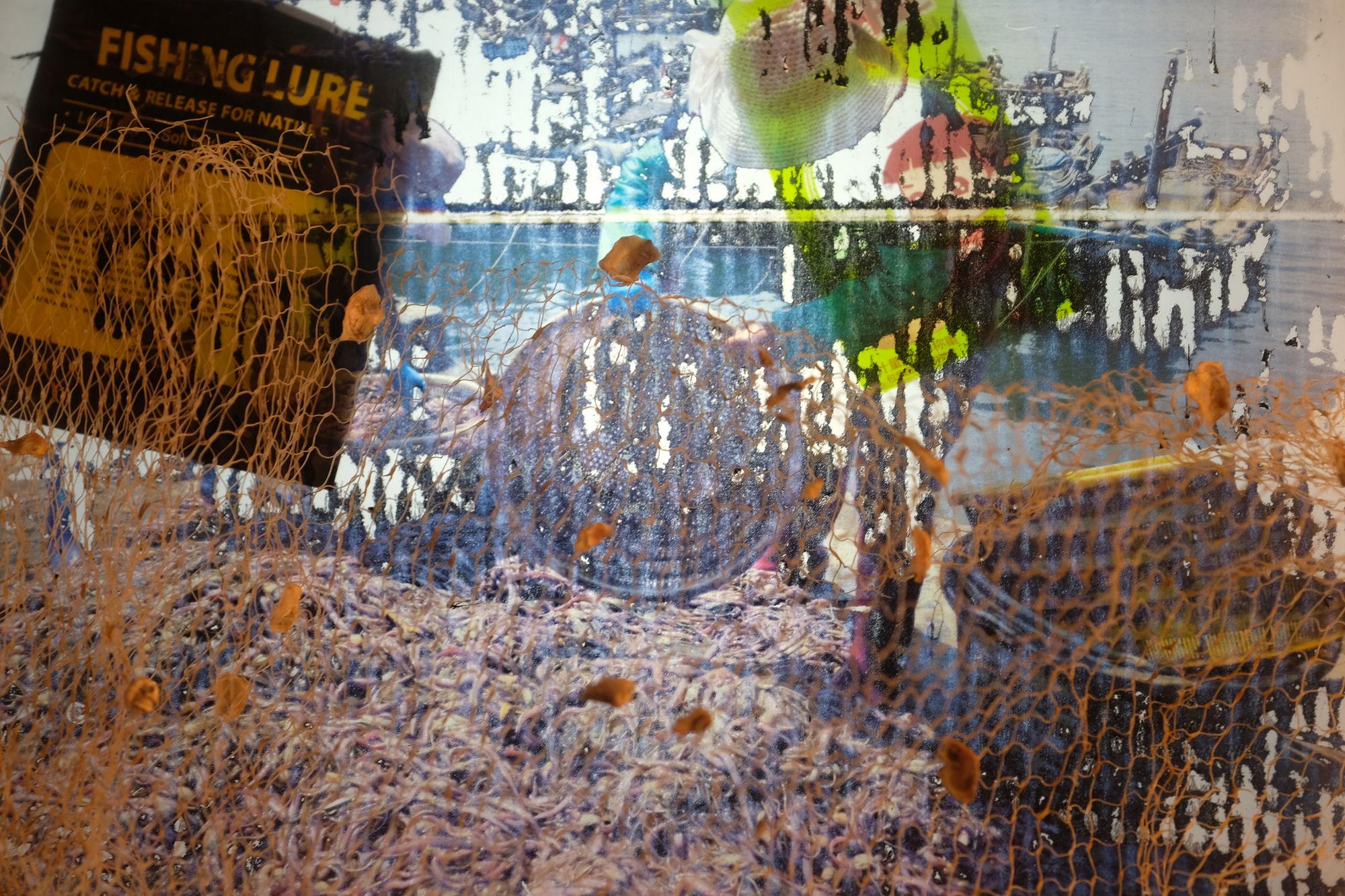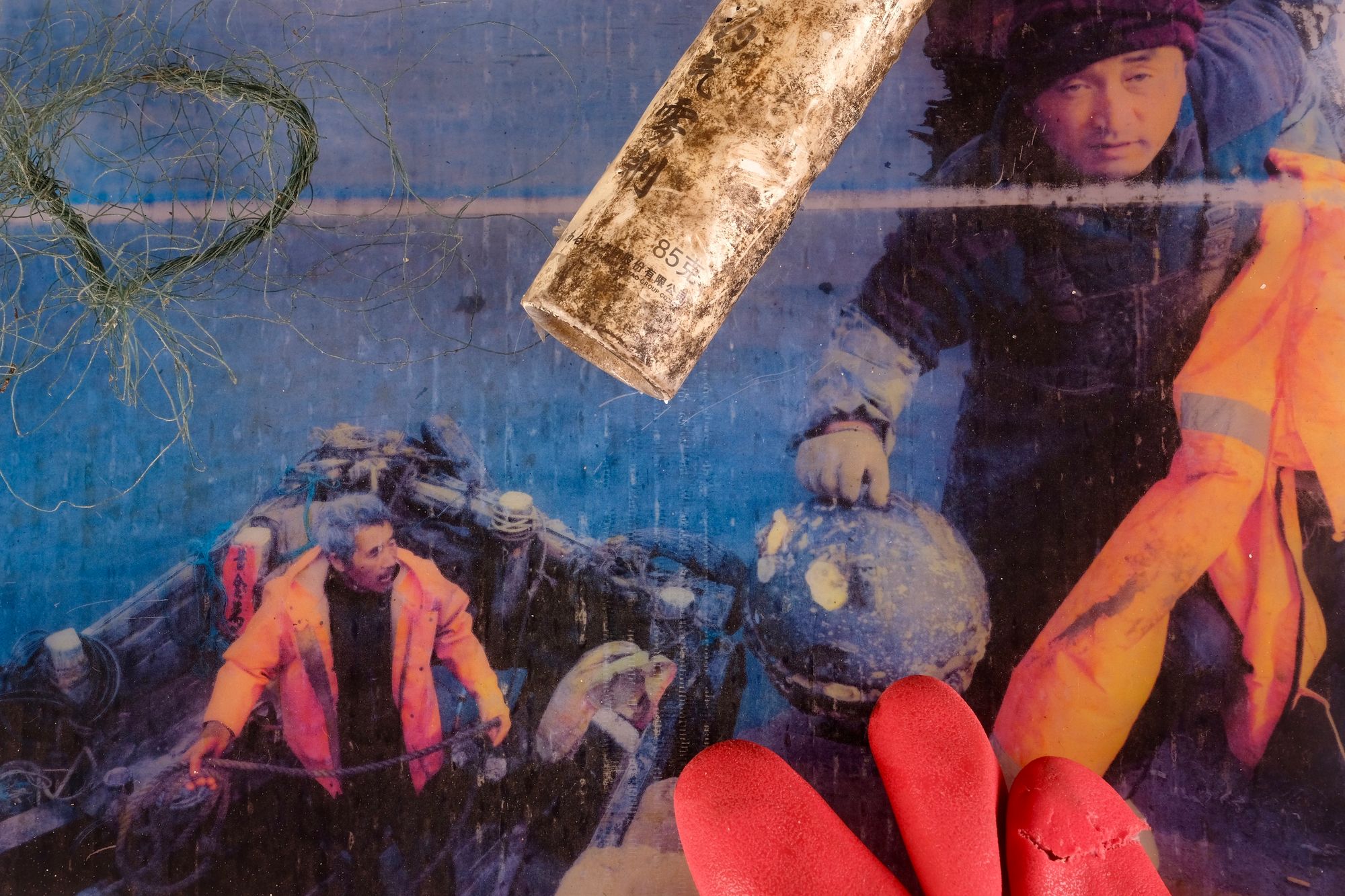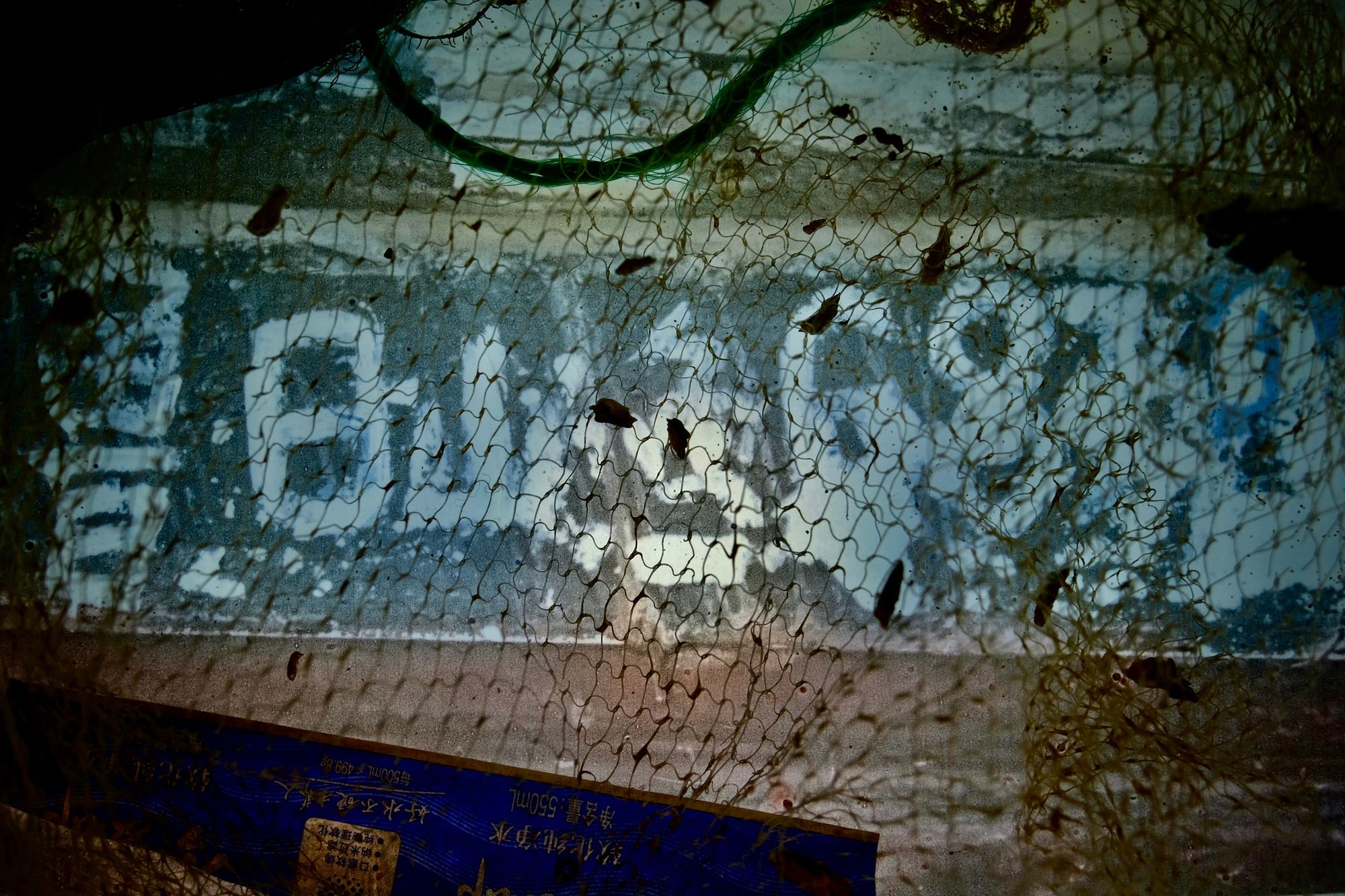Daniel Hinks: The Sunshiners. Code Red in Green China
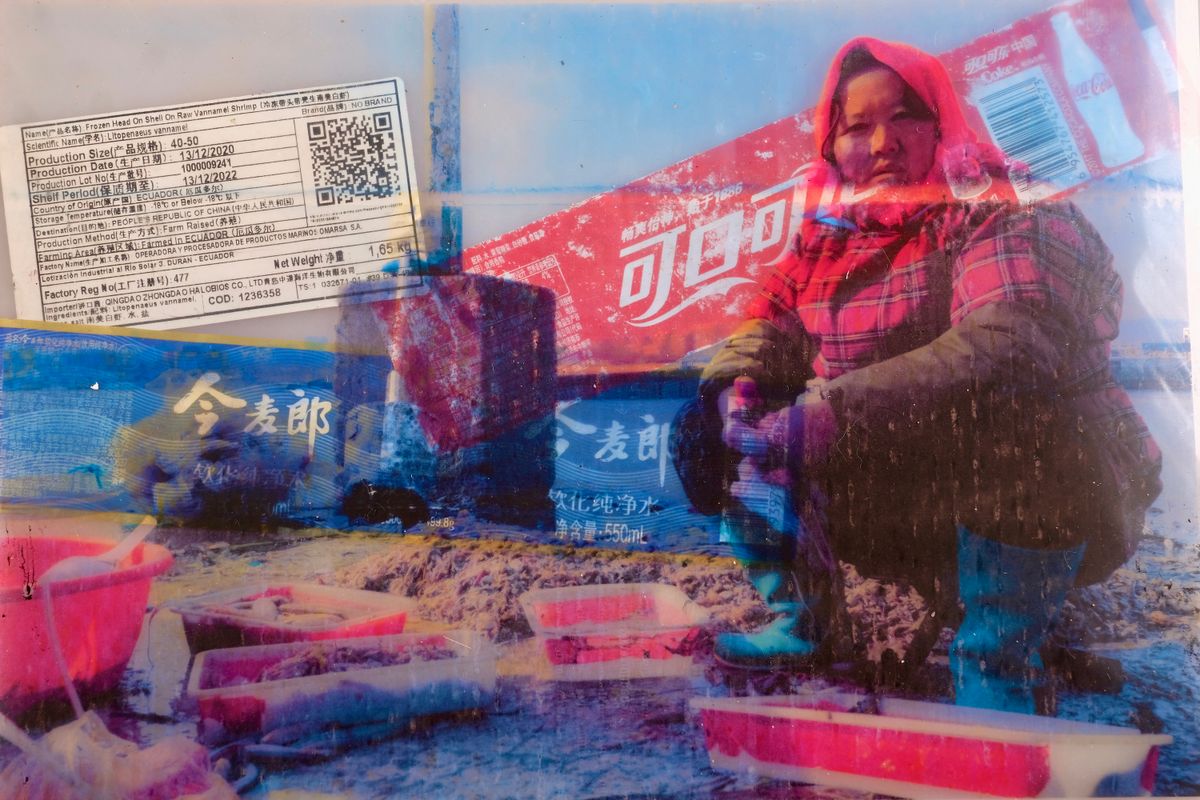
Plastic pollution may seem to be something that doesn’t have a monumental impact on our daily lives right now, but issues like climate change and pollution do not take a gradual curve. They do not have to slowly deteriorate, kindly giving us enough time to notice that something is wrong, ensure we fix it and it will all be fine. This is not how these cycles work — everything may seem okay, especially with climate change, and then all of a sudden in one year there are floods, fires and temperature rises all across the globe. It’s similar to plastic although hopefully, we are waking up more and more to the fact that recycling is not the whole solution. It’s part of it and it certainly helps, but it’s definitely not the be-all and end-all panacea. It really is as simple as accepting that the only way to stop polluting the world with man-made plastic is to produce less plastic.
Millions and perhaps billions of people are intrinsically connected to the ocean. They rely on it for basic things like food and water, salt and water-generated energy, but also jobs, culture and heritage. The coral reefs provide livelihoods to an enormous number of people and also act as a natural protection to the islands they surround. Daniel Hinks, a photographer based in China, points out that in the past few decades China’s fishing industry has boomed up to the point where it has the largest fishing fleet in the world. His body of work documents this evolution and also makes a point that all growth comes at a cost. We have become all too accustomed, as a society, to the idea that we must constantly evolve. Growth is good, stagnation is bad. This is a generally flawed idea because constant growth without adaptation can lead to nothing good. In fact, it can be compared to the body — growing and regenerating new cells is good, but when growth becomes uncontrollable, tumours are created.
“China’s domestic waters have suffered decades of water pollution, vast urbanization, climate change and rising sea levels. Coastlines have been reshaped, fisheries emptied out — the question remains how much longer can this go on for and can designated fishing ports and the marine climate change program fix China’s overfishing and plastic pollution problem.”
It is a worldwide problem and one we must confront sooner rather than later. Pollution isn’t simply about rubbish on the street that annoys us. From the street it can enter rivers and oceans, thus making its way into our food chain and back into our bodies. Daniel Hink’s project is extraordinarily rich visually and it conveys a powerful message — we should all do more, both on the individual and societal level, and the time is not tomorrow, it’s today.
— foreword by Zak R. Dimitrov
Daniel Hinks is a documentary photographer
"and a human being; I am constantly fascinated by the human condition. I take on stories that I genuinely believe in, something that can pique my interest and curiosity, turning that energy outwards into creating a substantial body of work and concentrating on the resilience of the human spirit.
I have a profound belief that the still image can change people’s minds. Even in today’s forever changing, fast-paced world of now! Gaining access to my subjects is imperative as it helps to achieve clarity and provides me with an opportunity for creative freedom.
Billions of people have personal connections to the ocean. For coastal populations, the ocean is not only a source of food and livelihood, but also an intrinsic part of their culture and heritage.
For the past two decades China’s fishing industry has boomed becoming the largest fishing fleet in the world however, the price of growth does not come cheap. China’s domestic waters have suffered decades of water pollution, vast urbanization, climate change and rising sea levels.
Coastlines have been reshaped, and fisheries emptied out- the question remains how much longer this can go on and can designated fishing ports and the marine climate change program fix Chinas overfishing and plastic pollution problem.
